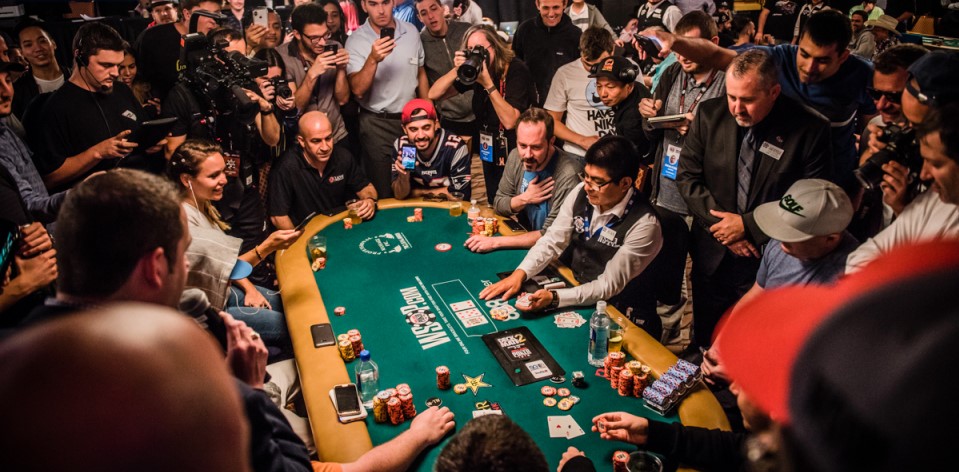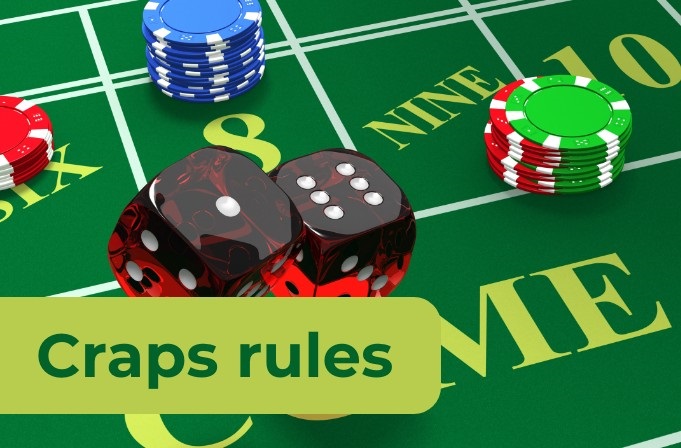
The Domino Effect: How a Small Win Shapes Player Behaviour
Even a minor win during gambling can trigger significant psychological changes. What seems like an insignificant success may subtly affect decision-making, risk tolerance, and the desire to continue playing. This phenomenon, often referred to as the domino effect, demonstrates how initial positive experiences can influence future behaviour in ways players may not consciously recognise.
The Psychology Behind Small Wins
Small wins activate the brain’s reward system, releasing dopamine and creating feelings of satisfaction. This chemical response reinforces the behaviour that led to the reward, encouraging the player to repeat it. Over time, even minimal rewards can build powerful associations between gambling activities and positive emotions.
Because these wins are unexpected and intermittent, they become even more impactful. The unpredictability enhances their emotional weight, increasing the likelihood of continued engagement. This mirrors the reinforcement schedules used in behavioural conditioning, which are known to produce persistent behaviours.
Furthermore, small wins can distort perception of actual outcomes. Players may focus on wins while discounting losses, leading to the illusion that they are performing better than they truly are. This cognitive bias fuels further participation and heightens risk-taking.
Neurological Pathways and Reward Conditioning
From a neurological perspective, small wins strengthen neural pathways associated with reward-seeking. Dopamine surges not only produce pleasure but also mark the behaviour as worth repeating. This creates a feedback loop where each win increases the probability of future play.
Over time, this conditioning can reduce the player’s sensitivity to losses, as the brain becomes more attuned to chasing the next reward. This effect is especially strong when wins occur early in a gambling session, priming the player’s expectations for more success.
These neurological responses show why early small wins can have an outsized influence on long-term behaviour, encouraging patterns of sustained play that may not align with rational decision-making.
Behavioural Changes Triggered by Early Success
When a player experiences a small win early on, it can shift their approach to risk. A modest gain can foster overconfidence, leading the player to increase bet sizes or extend their playing session. This sense of control often masks the role of chance, skewing risk perception.
Early success also contributes to the “hot-hand fallacy,” where players believe that winning streaks are more likely to continue. This perception is not supported by probability but can drive riskier decisions and larger wagers.
Additionally, a small win can create emotional momentum. The player may feel energised, motivated, and optimistic, which prolongs engagement. This emotional state can override rational assessment of odds and outcomes.
The Impact on Loss Aversion
Loss aversion—the tendency to prefer avoiding losses over acquiring gains—can weaken after a small win. The emotional boost from winning may make losses feel less threatening, reducing their psychological impact. This shift can increase the willingness to gamble further.
Players may also mentally categorise their initial win as “house money,” which makes them more comfortable risking it. This mental accounting can accelerate spending behaviour, as the money feels separate from their own funds.
Reduced sensitivity to losses after a win contributes to the escalation of commitment, where players continue investing in a game even when it becomes irrational to do so.

Strategies for Responsible Play
Understanding how small wins affect behaviour is essential for promoting responsible gambling. Recognising the psychological pull of early success allows players to implement protective measures that limit potential harm.
One effective strategy is setting strict time and spending limits before starting to play. This helps prevent emotional decisions driven by the momentum of early wins. Pre-commitment can act as a safeguard against escalating risk.
Maintaining objective records of wins and losses also counteracts distorted perceptions. By tracking real outcomes, players can see the overall pattern of play more clearly, which reduces the influence of short-term gains on decision-making.
Building Awareness and Self-Control
Awareness training can help players recognise how their behaviour changes after a win. Techniques such as mindfulness and cognitive behavioural strategies can improve self-control, reducing impulsivity and emotional decision-making.
Support networks, including friends or professional counsellors, can provide accountability and perspective. Discussing gambling experiences with others helps disrupt the isolation that can intensify risky behaviour.
Finally, incorporating regular breaks during play allows emotions to stabilise and encourages more deliberate decision-making. Stepping away helps players evaluate whether their actions align with their original limits and intentions.



